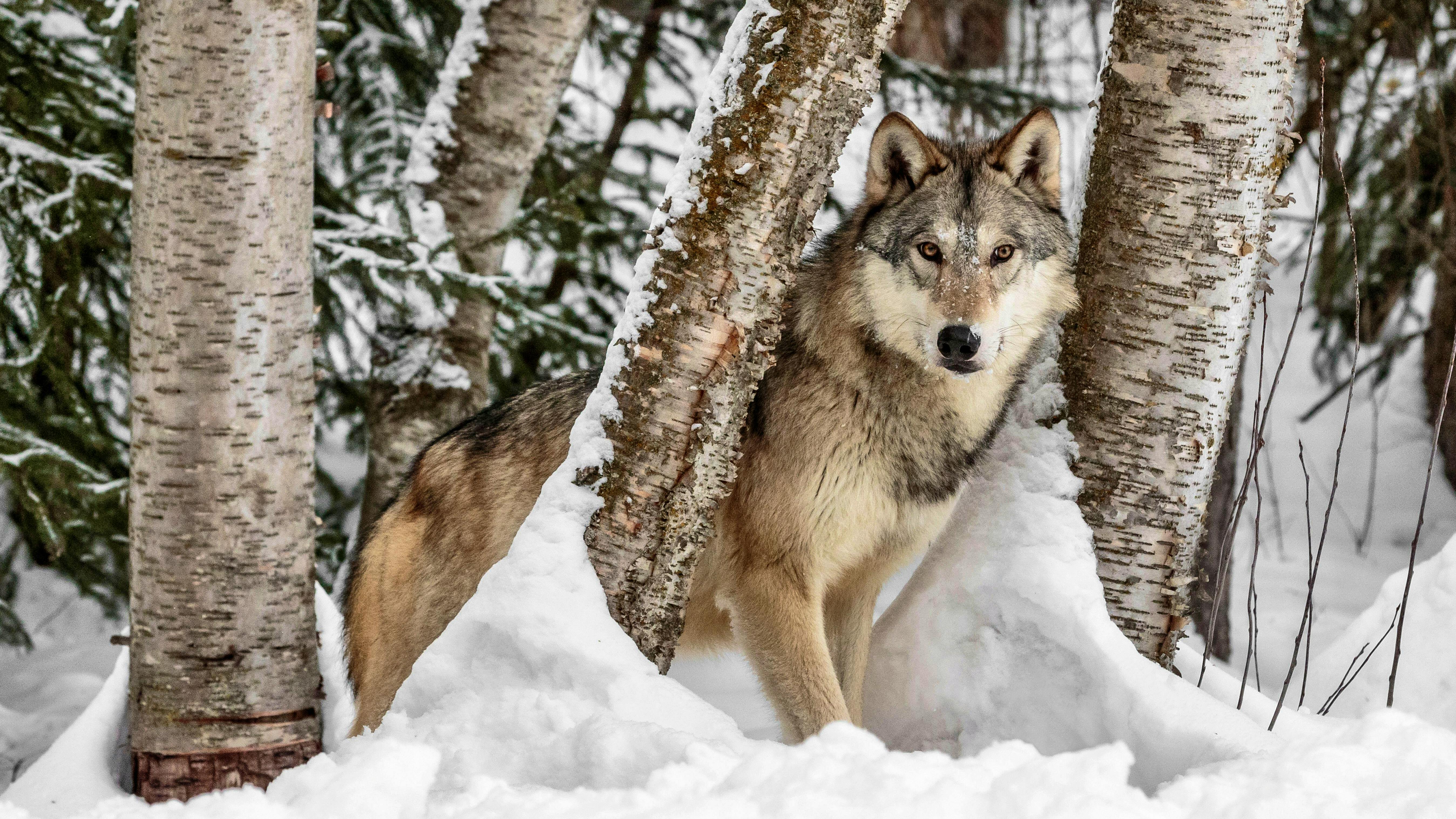Northern Rockies Wolf Population Count and Idaho’s Claims of a Population Rise: Last week, the U.S. Fish and Wildlife Service released the regional population count of wolves living in the Northern Rockies, including Wyoming, Idaho, Montana, Washington and Oregon at the end of 2014. Montana reported an 11.6% drop in its wolf population, while Washington and Oregon reported strong signs of population growth. In contrast with Montana, Idaho reported that its wolf population actually increased by 111 wolves from 2013-2014. We are understandably curious about Idaho’s reporting of a high population increase given the state’s recent history of aerial gunning, extreme hunting seasons, and allocation of hundreds of thousands of tax payer dollars to kill wolves. Stay tuned. We are watching this very closely.
An Encouraging Development for Washington’s Wolves: Things have taken a turn in a positive direction for wolves in the halls of Washington’s state legislature. Elected officials have proposed to allocate $2 million in state funds to research wolf-livestock coexistence! And we’ve heard from reliable sources that there is a good chance this funding will be included in the final state budget. This funding will help Washington determine what non-lethal tools (things like strobe lights, electric fencing, rang-riders, etc… ) are the most effective in lessening livestock-wolf conflicts. Defenders strongly believes that non-lethal tools are the future of wildlife management. As wolves begin to regain their toehold in Washington, having elected officials encourage the use of coexistence strategies to manage them will be essential.

What Do Washington’s Residents Think About Wolves and the Agency That Manage Them?: While news media seems eager to polarize the wolf debate, pitting conservationists and livestock owners against one another, a new report published by Human-Wildlife Conflict Expert Francine Madden, shows this is not always a fair characterization. After compiling over 90 interviews with Washington residents between January and March of this year, the report concludes that both livestock producers and environmentalists are much more willing to negotiate the future of wolf management with each other than the media would suggest. Further, both groups feel that the Washington Department of Fish and Wildlife, the agency tasked with managing Washington’s wolves, could do more to build trust with its stakeholders. The livestock owners and the conservationists interviewed both encouraged the agency to increase opportunities for dialogue between their groups. In short, the research suggests that the stereotypes placed on environmentalists and livestock producers around the wolf debate may do a disservice to continued progress on wolf management in Washington.
Tell Congress to Stop its War on Wolves and Other Wildlife: In the first 100 days of Congress, we’ve seen a terrifying number of amendments and bills proposed by this nation’s leaders that if passed would cripple endangered species conservation. While some legislative proposals put specific imperiled wildlife species on the chopping block – like wolves — most proposals attack the Endangered Species Act itself, our nation’s long standing safety net for listed species on the brink of extinction. Tell your Senator to oppose any legislation that weakens the Endangered Species Act. Our legislative team is working overtime to make the case for protecting wolves and other imperiled wildlife – and for protecting the laws that govern wildlife conservation. Now, more than ever, we need your help to do so.






Follow Defenders of Wildlife
facebook twitter instagram youtube tiktok threads